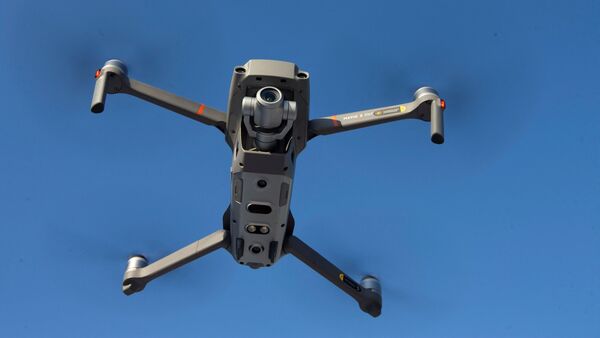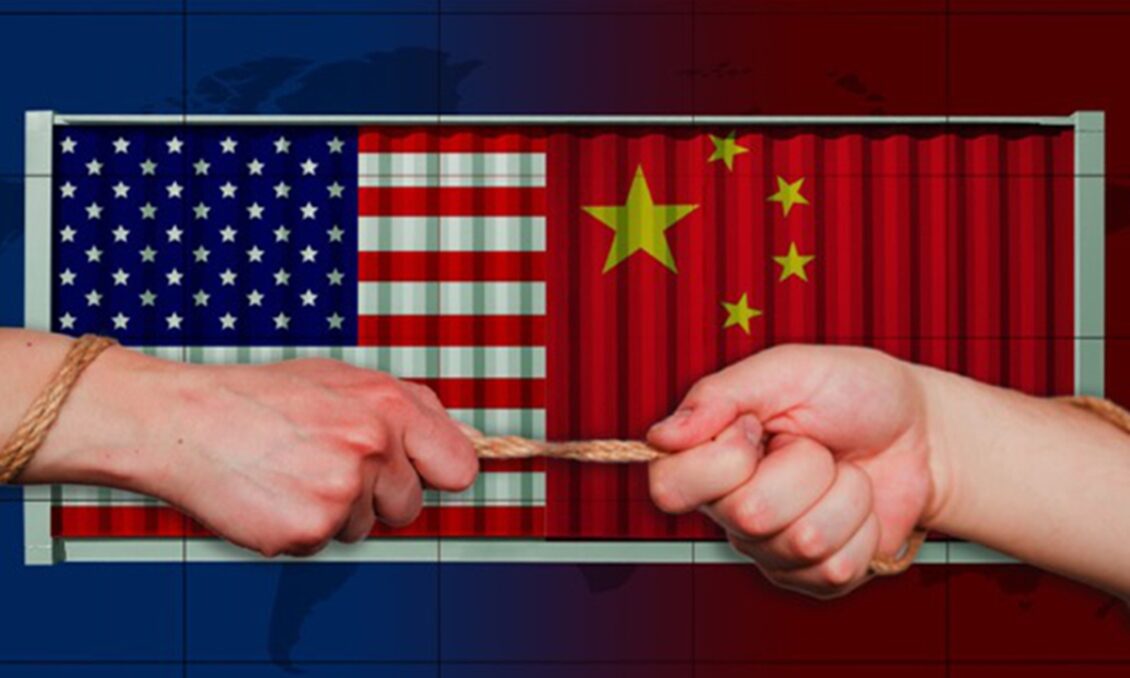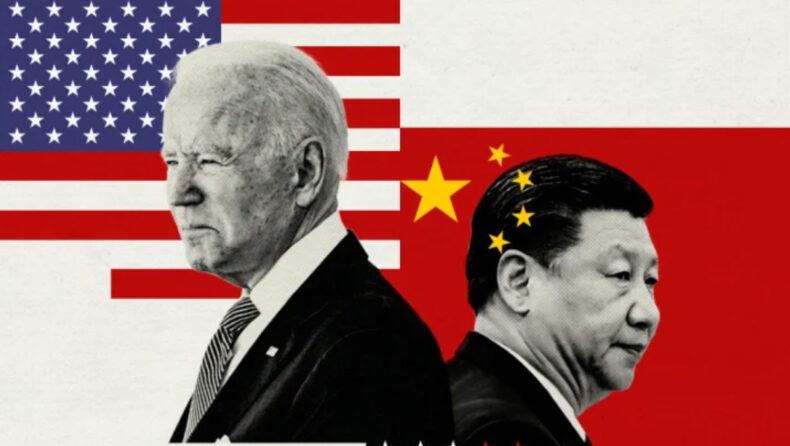In the midst of an ongoing tech war with the US, China made a significant announcement on Monday regarding export controls on drones and drone-related equipment, further intensifying the rivalry. Beijing justified this decision by citing “national security and interests,” aiming to restrict the US’s access to crucial technology.

Caption: Amid Escalating US Tech Tensions, China Limits Drone Equipment Exports
According to a statement issued by the Chinese commerce ministry, the export restrictions will apply to certain equipment, such as drone engines, laser communication equipment, and anti-drone systems, and are scheduled to take effect on September 1. The controls will also have an impact on consumer drones, prohibiting their export for military purposes.
A spokesperson for the ministry stated that the expansion of China’s drone control measures demonstrates the country’s commitment to being a responsible major nation, participating in global security initiatives, and preserving world peace, as reported by Reuters.
Notably, China holds a significant position in the drone manufacturing industry and exports to various markets, including the US. US lawmakers have expressed concern, stating that over 50 per cent of drones sold in the US originate from the Shenzhen-based company DJI, making them the most popular choice among public safety agencies.
Drone Technology: The New Battlefield
While drone technology has emerged as a new battleground in the ongoing tech war, the primary focus of friction between the two superpowers continues to be the semiconductor sector.
Currently, Washington is in the process of formulating a proposal for a long-pending program that would scrutinize and potentially restrict investment in China’s semiconductor, quantum-computing, and artificial intelligence industries. The Biden administration aims to finalize the executive order by Labor Day.

Caption: Experts revealed that on Monday, China declared export restrictions on specific drones and drone-related equipment, with the intention of undermining the US market.
Tensions between the United States and China have remained strained for an extended period. Recently, the chip war between the two nations escalated when the country imposed export controls on two rare elements crucial for semiconductor manufacturing. Effective from August 1, exports of gallium, germanium, and other industrial compounds will be subjected to restrictions, as declared by Beijing, in the interest of “safeguarding national security and interests.”
This move followed China’s unprecedented action, a few weeks prior, of banning Micron, the largest US memory chipmaker, citing network security review failure.
DJI Denies Military Use Amid Drone Export Curbs
On Monday, DJI, a prominent drone manufacturer, stated its commitment to strict compliance with laws and regulations in the countries or regions it operates, including adhering to China’s export control requirements. The company emphasized that it has never developed or manufactured products for military purposes, nor has it promoted or sold its drones for use in armed conflicts anywhere in the world.
In March 2022, DJI faced allegations from a German retailer, accusing the company of sharing data on Ukrainian military positions with Russia. DJI refuted these claims, denouncing them as entirely false.

Caption: In the Russia-Ukraine war, Chinese-made unmanned aerial vehicles, such as DJI drones, have found extensive usage, as seen in this image of a Ukrainian serviceman preparing one.
In April of the same year, China’s commerce ministry responded to Western media reports alleging that the country was exporting drones to the Ukrainian battlefield. The ministry dismissed these reports as baseless and described them as attempts to tarnish the reputation of Chinese companies. China asserted that it would continue to strengthen export controls on drones.
The imposition of drone export restrictions follows China’s previous announcement of export controls on metals widely used in chipmaking. These measures were taken in response to Washington’s efforts to limit China’s access to critical technologies, including chipmaking equipment.
Recently, a US intelligence report raised concerns about China’s potential provision of equipment to Ukraine with possible military applications. In response, Beijing defended its dealings with Russia, categorizing them as normal economic and trade cooperation.













